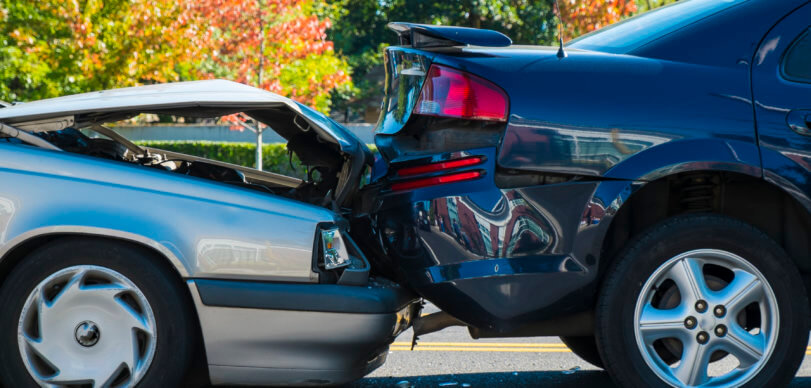Many Texas drivers must commute over long stretches of roads and highways in their everyday lives putting them at risk for dangerous car accidents. Texas drivers should know what to do following a car accident that is not your fault, whether it was a drunk driving accident, a broadside collision, a hit and run or any other type of motor vehicle accident.
1. Call 911
First and most importantly, following a car accident, regardless of who’s at fault, turn on your hazard lights and assess all persons involved in the wreck. Seek necessary medical attention as soon as possible. If you or someone else in your car or at the scene was hurt, call 911 immediately.
2. Report the Car Accident to the Police
While this is standard advice for any car accident, it is crucial for drivers who are not at fault to have official documentation of the incident. The accident report will contain important information about the car crash that insurers will use to evaluate your personal injury claim. Additionally, police reports provide an overview of how the accident happened, including the date, time, and location, as well as any citations issued at the scene.
Don’t Admit Guilt
Sadly, many negligent drivers who are at fault for accidents are willing to resort to sharing false information with the authorities and insurance companies in an attempt to avoid assuming responsibility (and paying) for the accident they caused. For this reason, non-fault drivers should not discuss fault with any other drivers. Although drivers may feel the need to apologize and use forgiving language, this could be viewed as admitting responsibility and can complicate a claim further.
3. Document Damages and Exchange Information
Car accidents can leave victims frazzled and confused. After a crash, it is common for victims not to be able to recall everything about the collision or to be able to give a detailed and accurate statement. Use this checklist to make sure to gather information from the accident:
- Driver’s personal information (Driver’s license numbers, contact information, phone number)
- License plate numbers
- Driver’s insurance information including policy number, other driver’s insurance company
- Witness contact information
- Photos of any injuries sustained (including cuts and bruising)
- Pictures of vehicle damage
- Citation number and police report number
4. Follow Your Doctor’s Instructions
The first thing you should do after a car accident is to call 911. Get checked out, even if you do not feel any injuries. If you are physically able, check on the others who were involved in the accident so that you can describe their condition to the 911 operators. Following a car accident, whether you realize it or not, you could be in shock. You could also experience a jolt of adrenaline. Both of these incidents would camouflage pain from serious injuries.
Your Health Comes First
If you go to the emergency room, they will check you out and run any tests that the staff there deem necessary. After determining the extent of your injuries, a plan for your treatment will be established. Depending on your injuries, treatment could be fast, and you could be released the same day, or you could require more intensive medical treatment.
No matter how minor or serious you feel that your injuries are, you must follow doctor’s orders and attend any follow-up visits that they suggest. This helps keep you safe as well as demonstrates to a court, if it comes to that, that you took your injuries seriously and did all you could to improve. While you may feel great and not want to bother with another doctor’s appointment, if the doctor who treated you wants you to return, it is in your best interest.
Being compliant with the medical treatment you are offered is key. You may be asked to come in for surgical procedures or to follow up on procedures you had when the car accident first happened. If it is prescribed, you may have to attend therapy. Consider that everything you do now can affect your insurance claim later.
5. Contact Your Car Insurance Company
It’s important to notify your car insurance carrier as soon as you can after the wreck. Inform them that you have been involved in an auto accident and that you are not at fault. The benefits of contacting your insurance company while at the scene of the accident include quickly starting on your claim plus finding out what information you can collect that will expedite the process, such as what additional documents are needed.
Because the at-fault driver, their insurance company, or another responsible third party will be liable for damages, it is essential to contact your own auto insurance company and provide them with the at-fault driver’s insurance information and contact information, as well as a police report number to get started on your claim.
6. Contact an Experienced Auto Accident Law Firm
Since you were not at fault in the accident, you are eligible for compensation for damages for your car accident injuries. These damages could include medical bills, property damage, lost income, pain and suffering and more. The car accident attorneys at Liggett Law group are dedicated to helping accident victims and aggressively seek compensation so our clients can focus on healing. If you or a loved one was injured in a motor vehicle crash, contact the car accident lawyers at Liggett Law Group today. There is limited time to act following an auto accident in Texas, so don’t delay.

